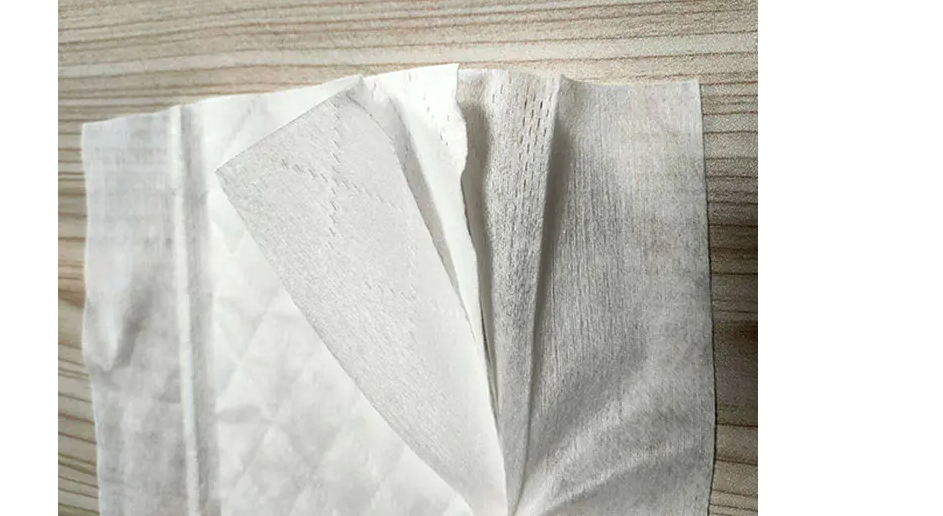Compared with traditional cleaning methods, the advantages of wet wipes are:
|
Cleaning method |
Cleaning effect |
Convenience |
Hygiene level |
|
Ordinary mop |
Easy to leave water stains and hair residue |
Repeated rinsing is required |
Mops are prone to bacteria |
|
Ordinary wet wipes |
Insufficient cleaning power |
Small area, easy to break |
No targeted cleaning ingredients |
|
Wet wipes for tiles |
Strong cleaning, no water marks |
Use and throw, no need to wash |
Contains antibacterial ingredients, more hygienic |
Applicable scenarios:
Steps:
Dry sweep or vacuum to remove surface dust
Take a wet wipe and fold it in half (increase the cleaning area)
Wipe in a "Z" shape to avoid circular marks
Method:
Grease: Cover with wet wipes for 5 minutes to allow the cleaning ingredients to penetrate
Scale: Dip the wet wipes in a small amount of white vinegar to enhance the descaling effect
Blackening of the gap: Wrap the wet wipes with a card to scratch the gap
Wipe once a month with a wet wipe containing maintenance ingredients
Avoid using bleach-based wet wipes to wipe marble and antique tiles

Advantages of wet wipes:
Disposable: No need to rinse the mop repeatedly like traditional mops, just throw it away after use, saving time and energy.
Avoid secondary pollution: The mop of traditional mops is prone to residual dirt and bacteria, while wet wipes are brand new every time they are used, ensuring cleanliness and hygiene.
Problems with traditional mops:
Incomplete cleaning of mops will lead to accumulation of dirt and even odor.
Advantages of wet wipes:
Targeted cleaning formula: Tile wipes often contain surfactants, citric acid (descaler), alcohol (quick-drying and antibacterial), etc., which can quickly decompose stubborn stains such as oil and soap scum.
Non-woven fabric material: Thick texture design (such as 60g/m² or more) can absorb dust and hair, avoiding the "pushing dirt" phenomenon of traditional mops.
Problems with traditional mops:
Ordinary mops rely only on physical friction, which makes it difficult to completely remove dirt from the gaps between tiles.
Easy to leave water marks, especially in hard water areas.
Advantages of wet wipes:
Portable design: The size is usually 30x20cm, which can be folded for easy cleaning of narrow areas such as the bottom of furniture and corners.
No matching tools required: Traditional mops need to be equipped with buckets, wringers, etc., and wet wipes can be directly held or matched with flat mops.
Problems with traditional mops:
Large mop heads are difficult to operate flexibly in small spaces (such as bathrooms and kitchens).
Advantages of wet wipes:
Quick cleaning: It only takes a few minutes from taking to completing cleaning, which is suitable for busy office workers or mothers.
Maintenance-free: No need to dry or replace the mop head, reducing housework steps.
Problems with traditional mops:
Washing, wringing, and drying mops are time-consuming and labor-intensive, especially for the elderly.